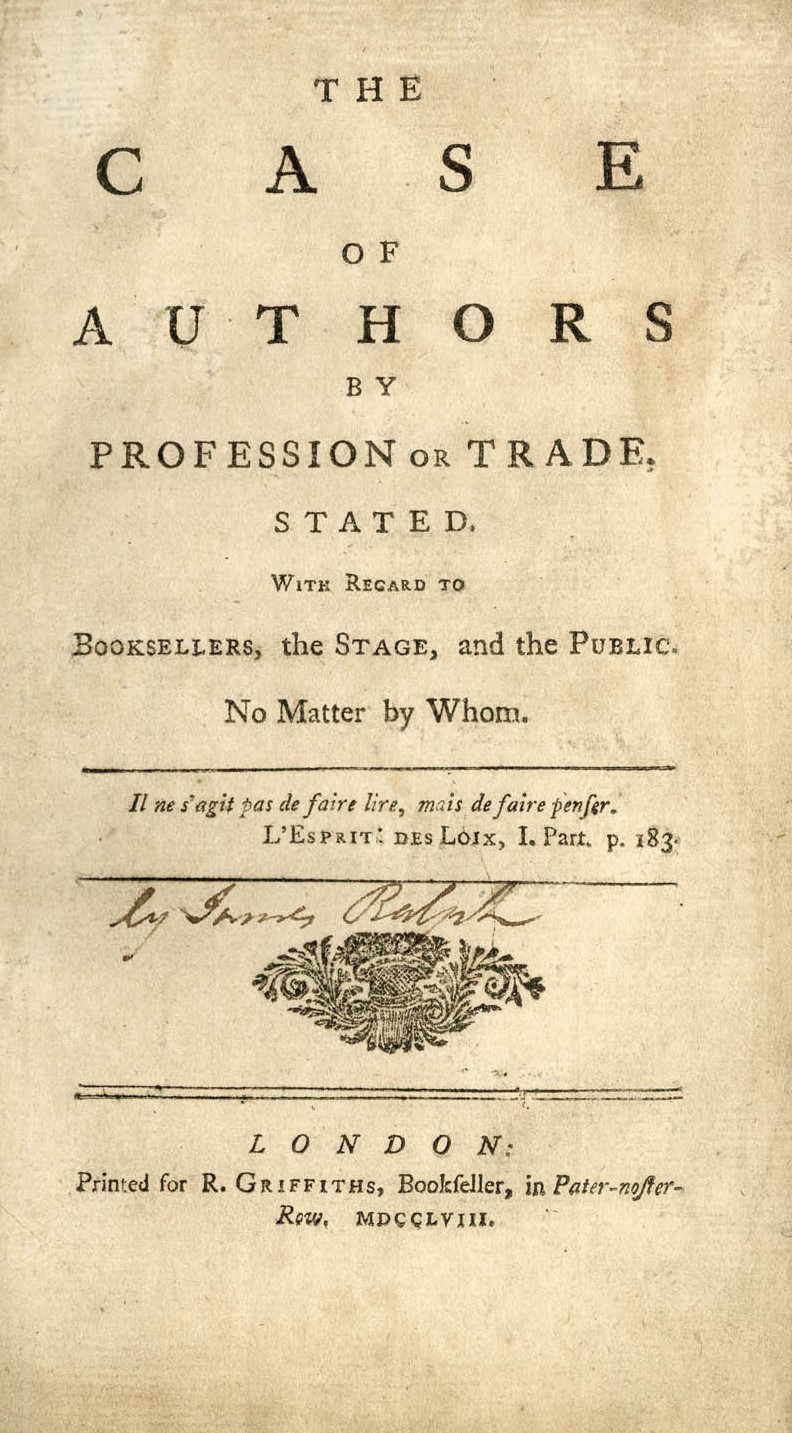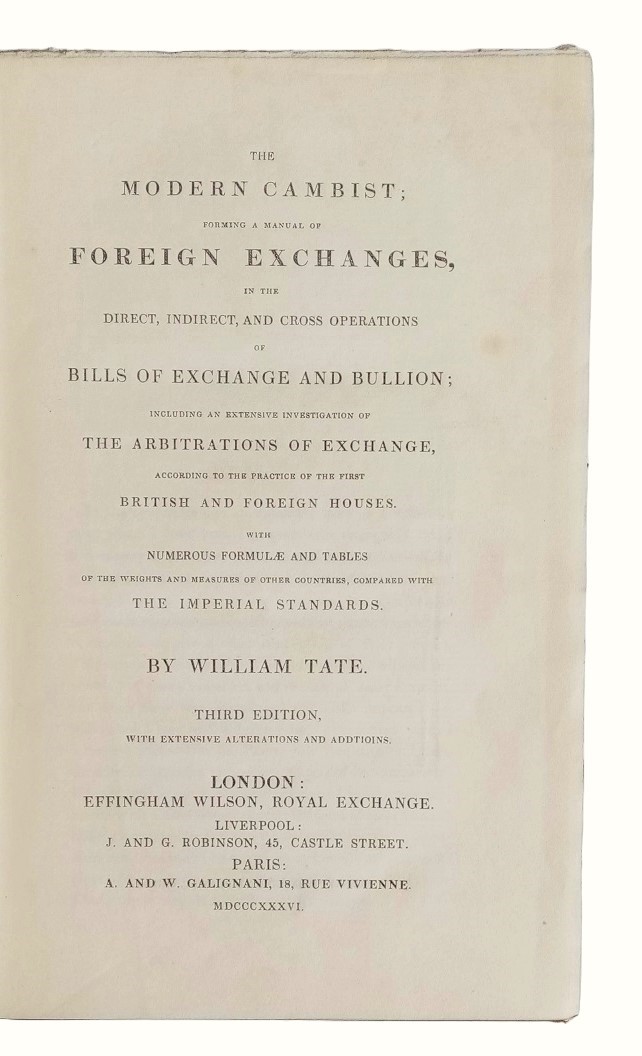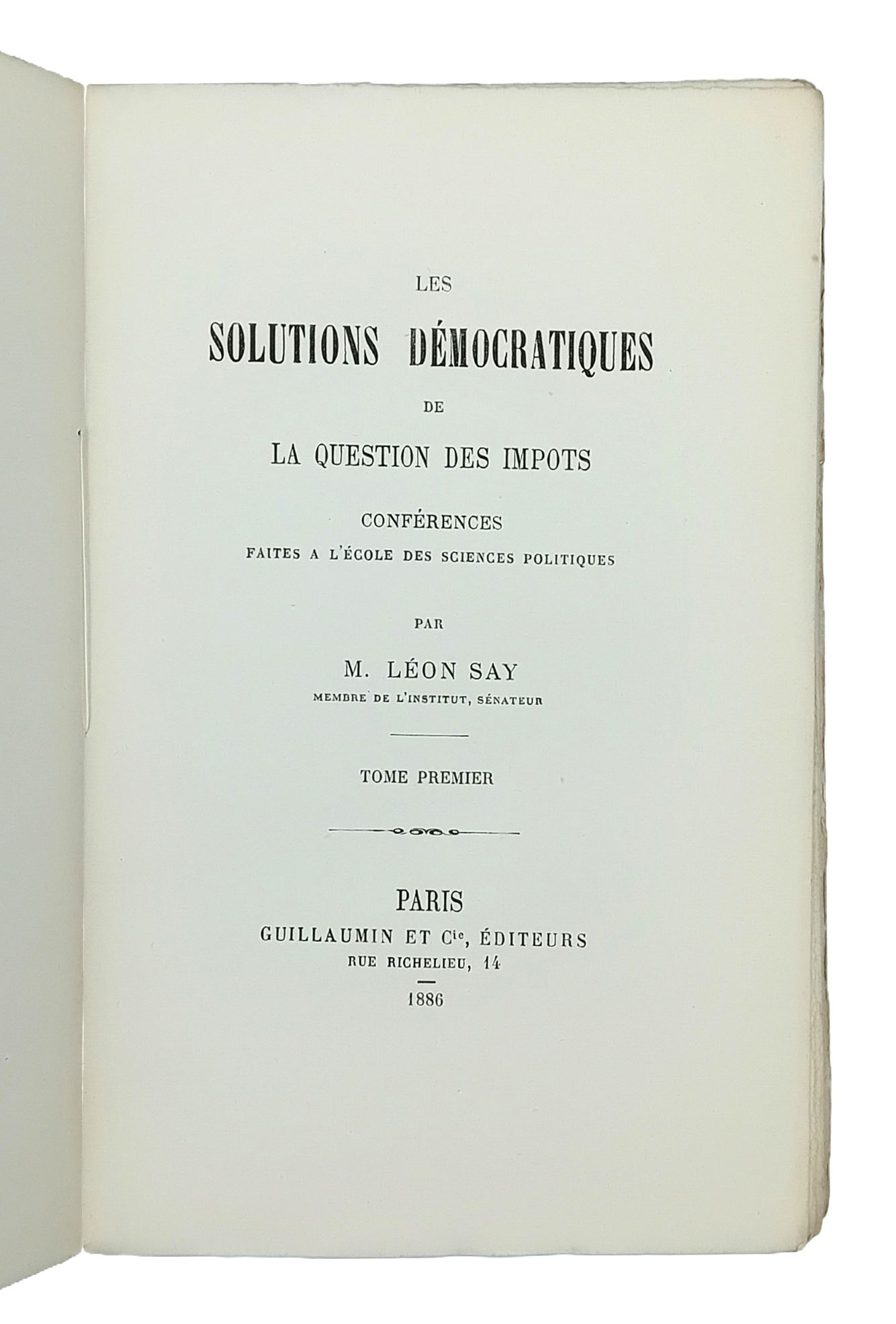
THE EARLIEST DEFENCE OF AUTHORS' FREEDOM
AGAINST THE BULLYING FORCES OF MARKETS AND PATRONS
[RALPH, James.]
The Case of Authors by Profession or Trade, stated: with regard to Booksellers, the Stage, and the Public. No matter by whom.
London, R. Griffiths, 1758.
8vo, pp. [iv], ‘68’ (recte 76, with mis-numbering in the last pages); repaired closed tear in the last leaf, title-page and last page a bit soiled, but a good copy; in late nineteenth-century half morocco with marbled sides, spine with half-raised bands, filleted and lettered in gilt; extremities rubbed, corners’ cover worn off in places; one or two contemporary pen marginalia, contemporary inscription on the title stating the authorship, near-contemporary inscription on the front free end-paper stating the dates of the sale of the Ralph library and of Ralph’s death.

Added to your basket:
The Case of Authors by Profession or Trade, stated: with regard to Booksellers, the Stage, and the Public. No matter by whom.
First edition, ‘the first protest raised in the eighteenth century against the treatment of authors and dramatists by booksellers and theatre managers’ (ODNB).
From this work Isaac D’Israeli extensively quoted (without acknowledgement) in his Calamities of Authors, and it is very likely that Oliver Goldsmith drew upon it on writing his Essay on the Present State of Polite Learning in Europe. For the first time writers’ creative dilemmas are laid bare, the low profile of a writer’s profession is lamented, and the public is made aware of the unavoidable fate of servitude that awaits any author: to be enslaved to publishers, or to theatre producers, or to parties, all market forces which, in order to survive, must pander to popular taste.
An American and a member of the Philadelphia literary group organized by Benjamin Franklin, James Ralph earned Franklin’s admiration and travelled to England with him in 1724, leaving his American life (and wife) behind and embarking on a career as a dramatist, poet, and essayist. The perceived tone of his Whig-party pamphleteering was immortalized in Pope’s Dunciad (‘Silence ye wolves, while Ralph to Cynthia howls’). Ralph was mentor and friend of Henry Fielding and contributed to several periodicals, writing also under the pseudonyms Issachar Barebone, George Cadwallader, and A. Primcock.
ESTC T19997.

